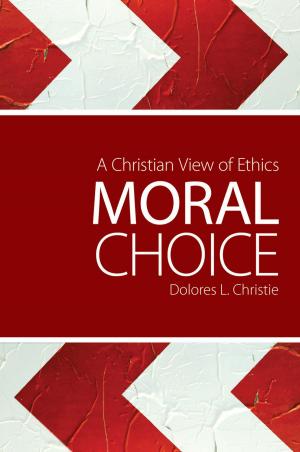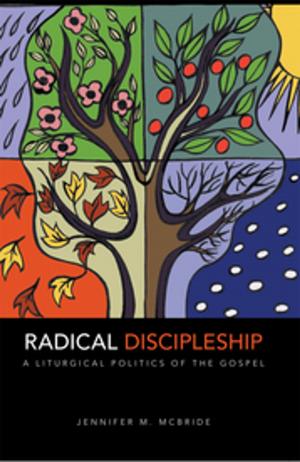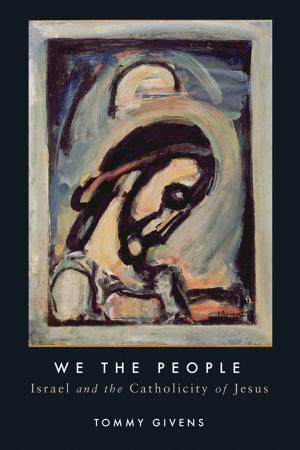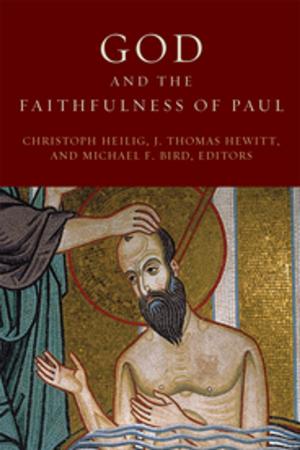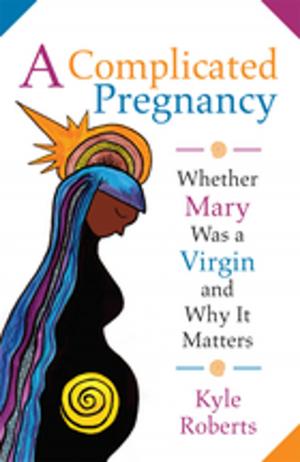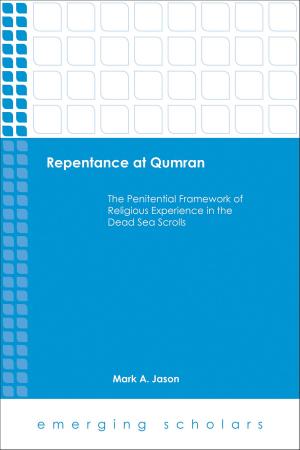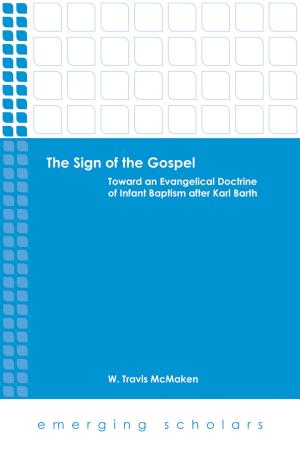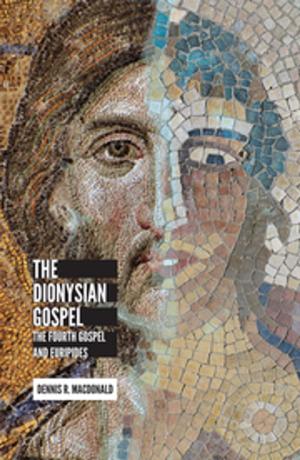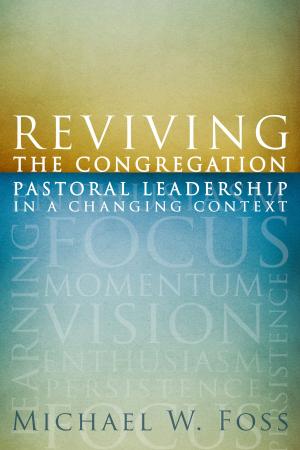Christ Divided
Antiblackness as Corporate Vice
Nonfiction, Religion & Spirituality, Theology, Christianity| Author: | Katie Walker Grimes | ISBN: | 9781506438535 |
| Publisher: | Fortress Press | Publication: | November 1, 2017 |
| Imprint: | Fortress Press | Language: | English |
| Author: | Katie Walker Grimes |
| ISBN: | 9781506438535 |
| Publisher: | Fortress Press |
| Publication: | November 1, 2017 |
| Imprint: | Fortress Press |
| Language: | English |
Bringing the wisdom of generations of black Catholics into conversation with contemporary scholarly accounts of racism, Christ Divided diagnoses "antiblackness supremacy" as a corporate vice that inhabits the body of Christ. Antiblackness supremacy operates as a unique form of oppression: it arises from the enduring association of blackness with slave status and plays a foundational role in processes of racialization and racial hierarchy in the United States. In fact, since non-black people often amass power at the expense of black people, much of "white supremacy" is more accurately described as "antiblackness supremacy."
In addition to introducing a new framework of racial analysis, this book proposes a new approach to virtue ethics. Anti-blackness supremacy inhabits not just the biased mind and the individual body, it also resides in the corporate body of the church. But due to the porosity of Christ‘s body, the church cannot reform itself from within. Antiblackness supremacy has twisted even baptism and the Eucharist in its image. In response, the theory of corporate virtue outlined here contemplates the conditions under which the church‘s corporately vicious and necessarily porous body can be made to "do the right thing."
Bringing the wisdom of generations of black Catholics into conversation with contemporary scholarly accounts of racism, Christ Divided diagnoses "antiblackness supremacy" as a corporate vice that inhabits the body of Christ. Antiblackness supremacy operates as a unique form of oppression: it arises from the enduring association of blackness with slave status and plays a foundational role in processes of racialization and racial hierarchy in the United States. In fact, since non-black people often amass power at the expense of black people, much of "white supremacy" is more accurately described as "antiblackness supremacy."
In addition to introducing a new framework of racial analysis, this book proposes a new approach to virtue ethics. Anti-blackness supremacy inhabits not just the biased mind and the individual body, it also resides in the corporate body of the church. But due to the porosity of Christ‘s body, the church cannot reform itself from within. Antiblackness supremacy has twisted even baptism and the Eucharist in its image. In response, the theory of corporate virtue outlined here contemplates the conditions under which the church‘s corporately vicious and necessarily porous body can be made to "do the right thing."


